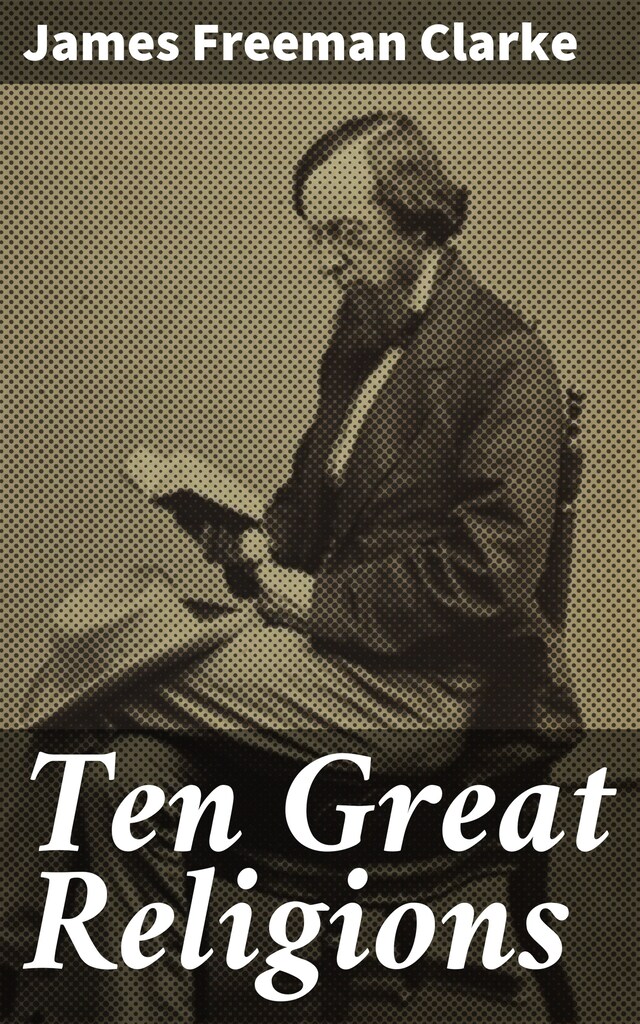
Ten Great Religions
An Essay in Comparative Theology
Om bogen
In "Ten Great Religions," James Freeman Clarke embarks on a scholarly yet accessible exploration of the fundamental beliefs, practices, and historical contexts of ten major world religions, including Hinduism, Buddhism, Christianity, and Islam. Clarke's literary style blends meticulous scholarly rigor with a narrative clarity that makes complex theological concepts comprehensible to a broad audience. Written in the late 19th century during a time of burgeoning interest in comparative religion, the work situates itself at the intersection of Enlightenment thought and emergent modernism, reflecting Clarke's belief in the unity of spiritual insight across cultures. James Freeman Clarke (1810-1888) was a prominent Unitarian theologian, minister, and a key figure in the development of a more inclusive understanding of spirituality. His diverse background, including education at Harvard and exposure to various religious traditions, deeply informed this work. Clarke was committed to a dialogue among world religions, advocating for tolerance and understanding amidst a religiously pluralistic landscape rapidly emerging in his time. "Ten Great Religions" is an essential read for anyone interested in the rich tapestry of global faith traditions. Whether you're a scholar, a student, or simply a curious reader, Clarke'Äôs insightful synthesis offers both knowledge and inspiration, encouraging us to appreciate the shared humanity that underlies our varied spiritual expressions.
 James Freeman Clarke
James Freeman Clarke 644 Sider
644 Sider